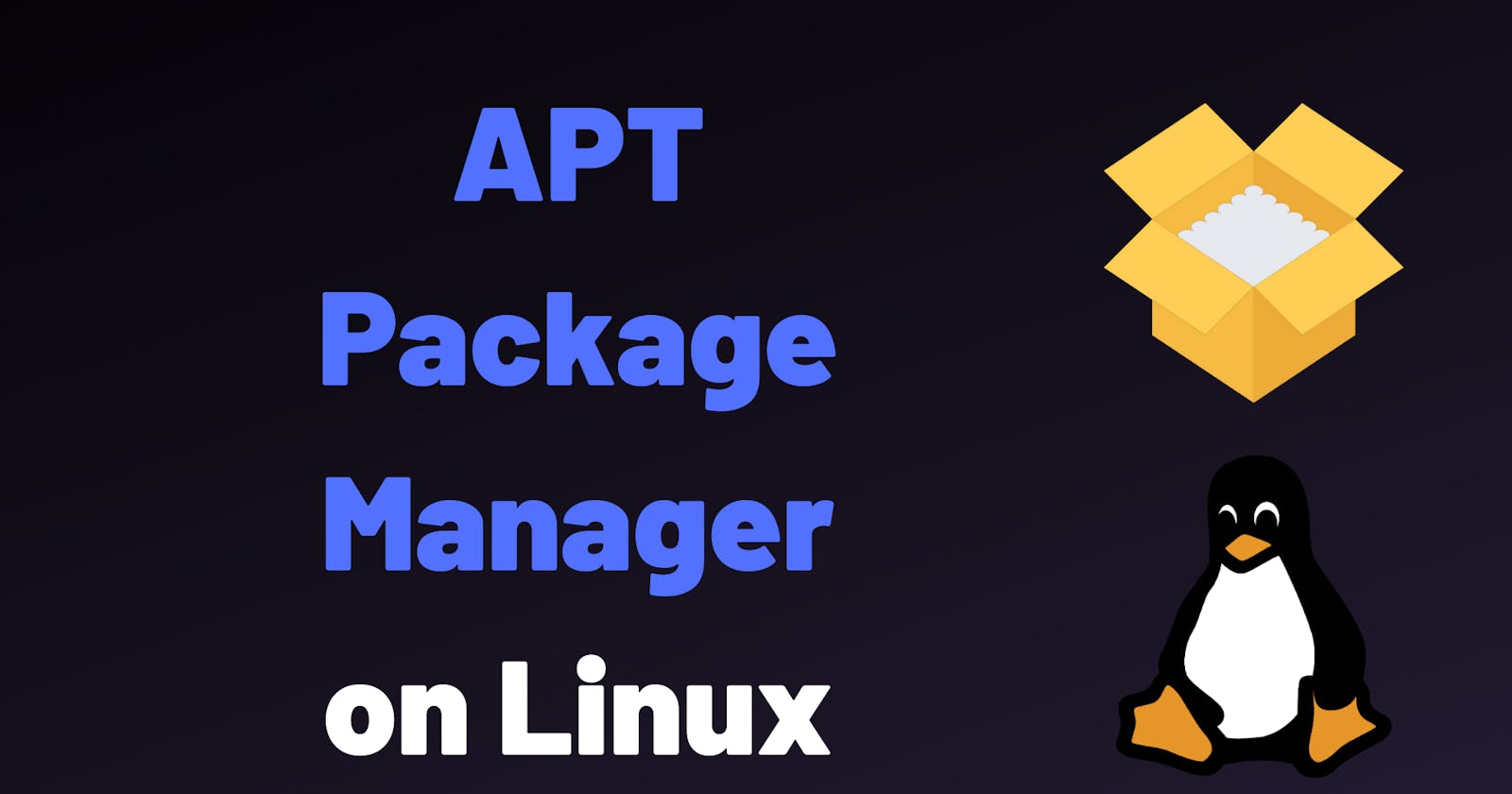What is a package manager in Linux?
Package managers are software tools that facilitate the installation, removal, and management of software packages on a computer system. They automate the process of resolving dependencies, ensuring compatibility, and handling version control. In the DevOps context, package managers streamline the deployment of applications across diverse environments, from development to production.
What is a package?
A package is usually referred to an application but it could be a GUI application, command line tool or a software library (required by other software programs). A package is essentially an archive file containing the binary executable, configuration file and sometimes information about the dependencies.
Different kinds of package managers
Package Managers differ based on the packaging system, but the same system may have multiple package managers.
For example, RPM has Yum and DNF package managers. For DEB, you have apt-get, aptitude command line based package managers.
Let's install docker on our system.
Note - as for the linux ubuntu we use apt as a package manager.
APT - Advanced package tool, or APT, is a free-software user interface that works with core libraries to handle the installation and removal of software on Debian, and Debian-based Linux distributions
To install docker in our linux system we have to use below command.
sudo apt-get install docker
The command sudo apt-get install docker.io could indeed work in some cases, but it depends on the specific Linux distribution and the repositories available.
In Ubuntu, for example, docker.io is an older package that might not always be up-to-date with the latest Docker releases. The Docker team typically recommends installing Docker from their official repositories to ensure you get the latest version and updates.
However, if docker.io is available in your distribution's repositories and it provides a recent enough version for your needs, then using sudo apt-get install docker.io can indeed be a simpler alternative to the longer procedure outlined below.
Source - chat gpt. Didn't tested it. You can try installing and uninstalling using above or below.
# Update the apt package index
sudo apt-get update
# Install packages to allow apt to use a repository over HTTPS
sudo apt-get install \
apt-transport-https \
ca-certificates \
curl \
gnupg-agent \
software-properties-common
# Add Docker’s official GPG key
curl -fsSL https://download.docker.com/linux/ubuntu/gpg | sudo apt-key add -
# Verify the fingerprint
sudo apt-key fingerprint 0EBFCD88
# Set up the stable repository
sudo add-apt-repository \
"deb [arch=amd64] https://download.docker.com/linux/ubuntu \
$(lsb_release -cs) \
stable"
# Update the apt package index
sudo apt-get update
# Install the latest version of Docker Engine - Community and containerd
sudo apt-get install docker-ce docker-ce-cli containerd.io
Systemctl: Managing System Services with Ease
Systemctl is a command-line utility used for controlling the systemd system and service manager, which is prevalent in modern Linux distributions. It is instrumental in managing system services, configuring system settings, and monitoring system behavior. In the DevOps workflow, systemctl plays a crucial role in ensuring the availability and reliability of critical services.
Key Functions of Systemctl:
Service Management: Systemctl allows users to start, stop, restart, enable, disable, and reload system services effortlessly. This granular control over services facilitates efficient resource utilization and troubleshooting.
Logging and Monitoring: It provides access to service logs and status information, enabling administrators to monitor service health, diagnose issues, and track system performance in real-time.
Service Configuration: Systemctl enables the configuration of service units using unit files, which define the behavior and dependencies of system services. This standardized configuration approach promotes consistency and reliability across deployments.
System Control: Apart from managing services, systemctl offers functionalities for system control, such as system reboot, shutdown, and hostname management. These capabilities streamline system administration tasks and enhance operational efficiency.
Integration with Other Tools: Systemctl integrates seamlessly with other DevOps tools and workflows, facilitating automation, orchestration, and infrastructure as code practices.
"Thank you for joining me on this journey into DevOps! Your curiosity is the driving force behind this exploration. If you found value in these insights, I'm thrilled! Keep the DevOps flame alive, and stay tuned for more exciting adventures in the world of technology. Happy Learning! 🚀✨"
"Closing the gap between us—let's connect and make our virtual bond stronger on social media!
Click on -Umesh Salunkhe
